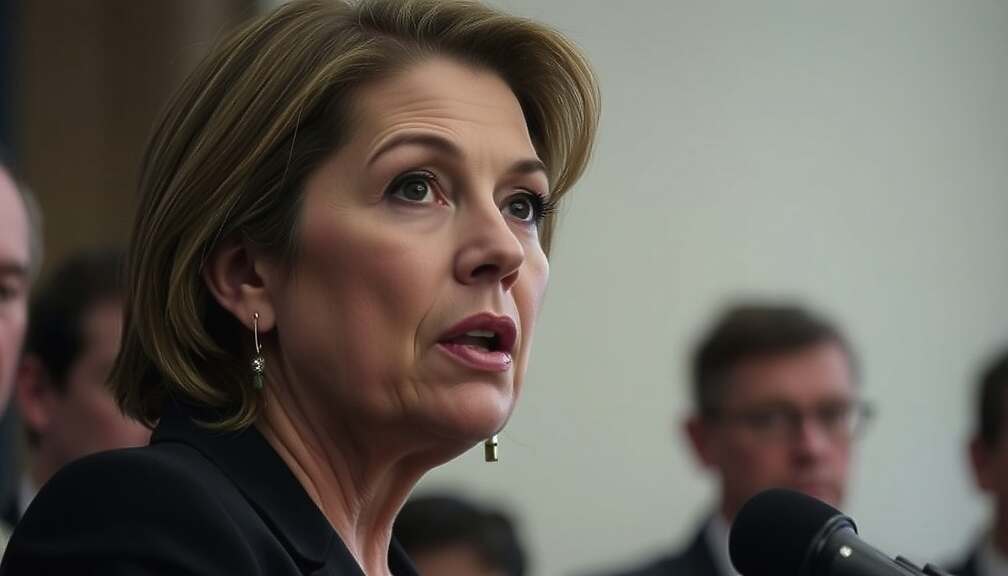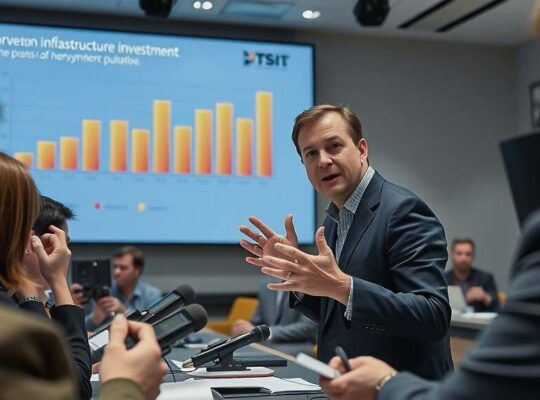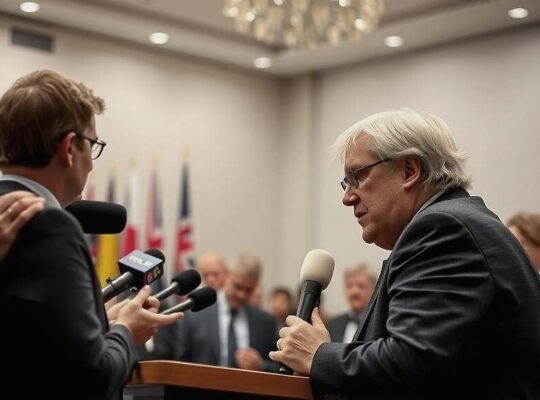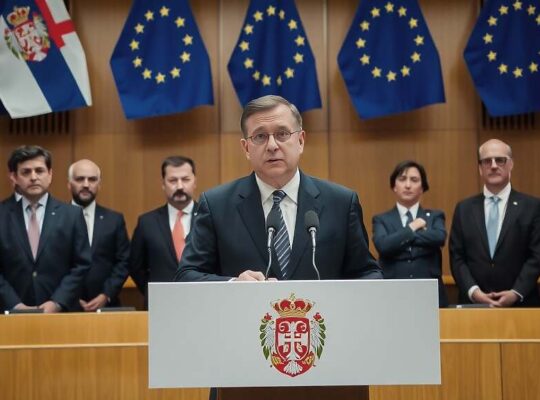Concerns are mounting over the newly proposed Tropical Forest Forever Facility (TFFF), spearheaded by Brazilian President Lula da Silva, with critics alleging it risks perpetuating the very deforestation it aims to combat. Violetta Bock, parliamentary spokesperson for climate justice for the German Left party, voiced deep reservations, arguing the fund fails to address the root cause of the problem – inadequate land rights for Indigenous communities, who have historically acted as custodians of the forests.
“The TFFF is yet another fund that doesn’t lead to stronger land rights for Indigenous communities – those who have protected the forests for generations” Bock stated in an interview with the Rheinische Post. She argues the facility operates on the same logic which initially fuels exploitation of the rainforests, suggesting a superficial approach to a complex issue.
Bock insists that a fundamental shift is required, prioritizing the cessation of extractive industries and exploitation rather than relying on market-driven incentives. She further emphasized the need for stringent conditions attached to the funding, preventing capital from primarily benefitting private investors.
Germany, carrying a particular responsibility in international climate protection and its financing, has pledged a billion US dollars toward the initiative. Bock’s call echoes broader demands from the Global South: climate finance should not be offset against developmental aid. She directly criticized the German government’s prioritization, highlighting the ease with which billions were mobilized for military spending compared with the hesitancy surrounding securing the future of younger generations and vital ecosystems.
The Green party has also expressed skepticism, with Julia Verlinden, Deputy Parliamentary Group Chair, accusing the government of hypocrisy. While publicly positioning itself as a champion of forest conservation, the government is simultaneously undermining nature protection measures domestically. Verlinden specifically targeted Agriculture Minister Alois Rainer (CSU), accusing him of obstructing the implementation of the nature restoration regulation, crucial for climate protection and hindering efforts for deforestation-free supply chains within Europe. She urged Environment Minister Schneider to intervene and demand greater protection.
The TFFF aims to incentivize nations to safeguard tropical rainforests by rewarding conservation efforts with payments derived from investments from both states and private entities. While the fund is designed to distribute at least 20% of its earnings to Indigenous communities, the ultimate decision-making power regarding its operation rests with its funders, raising concerns over potential conflicts of interest and inadequate safeguards. The initiative’s effectiveness hinges on whether it proves capable of challenging existing power structures and truly empowering those traditionally responsible for protecting these vital ecosystems.












